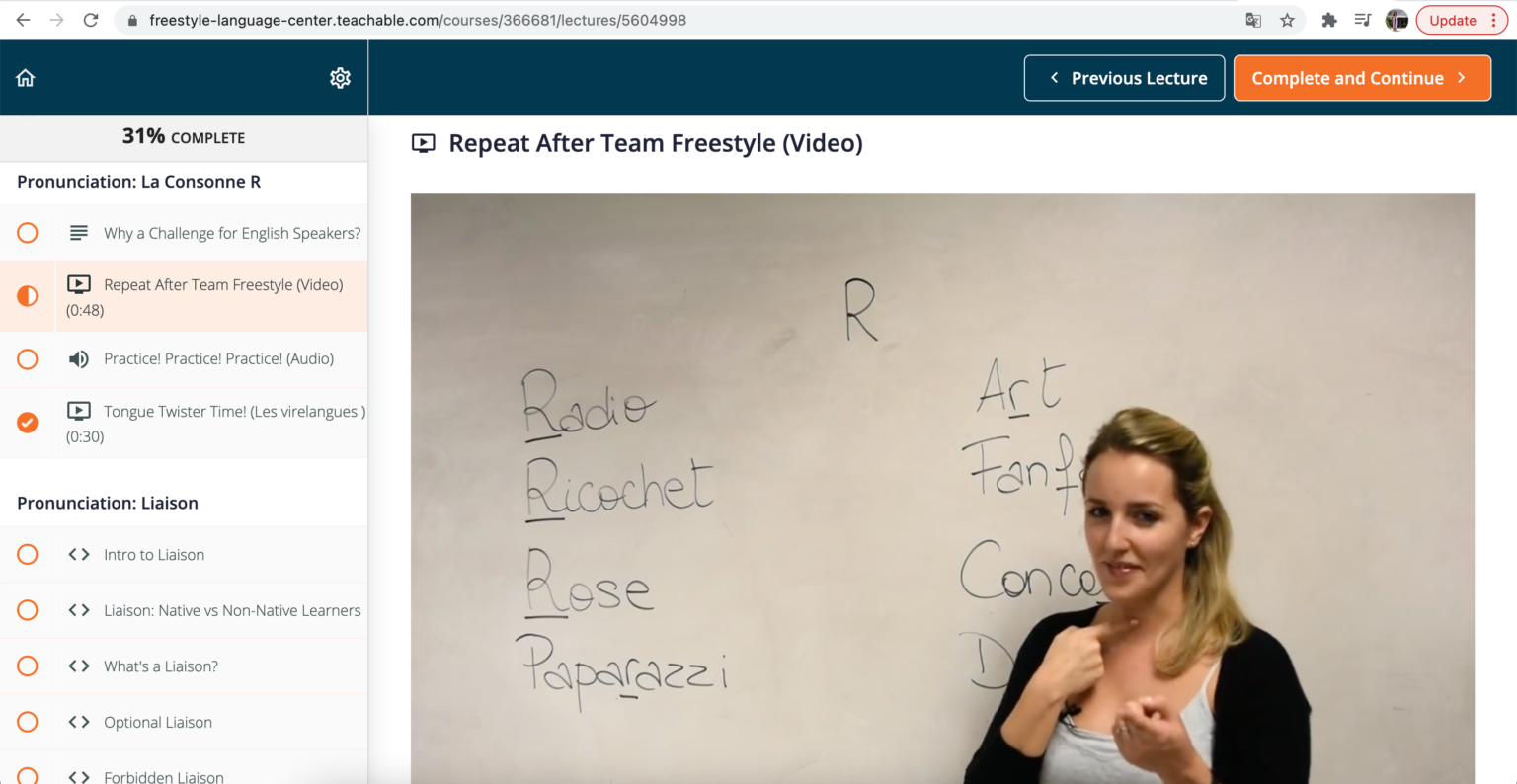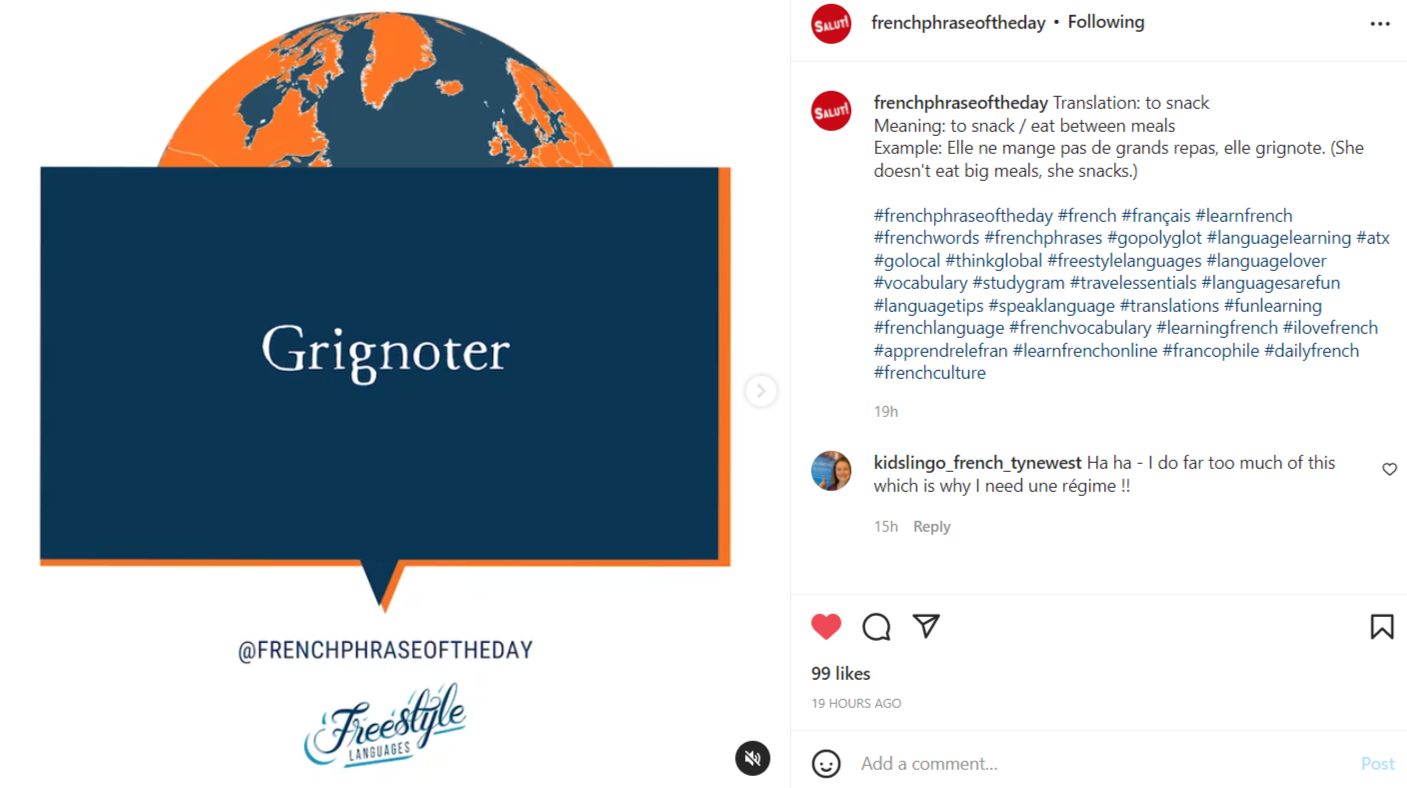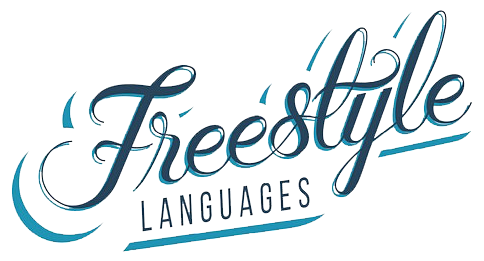4 Quick Tips: Learn How To Talk The Talk
À Paris Ou Ailleurs…
First Things First: Varieties Of French

Le saviez-vous? Did you know? A total of 29 countries list French as their official language! That’s 29 more countries with varying dialects and accents.
Ohh la la… In France alone, 28 regions speak French just a little bit differently. They include the Alsatian, Lorrain, Champenois, Picard, Normand, Breton, Marseille, Corsica, Lyon, Gascony and Languedoc dialects, to name a few.
Fear not! With our tips and hacks below (including a free pronunciation lesson!), vous êtes en route, you’re on your way to speaking more confidently, avec panache!
Ohh la la… In France alone, 28 regions speak French just a little bit differently. They include the Alsatian, Lorrain, Champenois, Picard, Normand, Breton, Marseille, Corsica, Lyon, Gascony and Languedoc dialects, to name a few.
Fear not! With our tips and hacks below (including a free pronunciation lesson!), vous êtes en route, you’re on your way to speaking more confidently, avec panache!
1. Focus On Pronunciation: The Crossfit Of Language!

Tackle your ‘aural’ roadblock. It’s a thing!
Le saviez-vous?! Adults learn languages faster when focusing on pronunciation first. OUI. Research shows that training your ears to recognize the sounds of your ‘target language’ as a primer for studying greatly improves your ability to memorize new words and phrases in that language.
While French accents come in a lot of shapes and sizes, focus on pronunciation of the norm, le français standard, and the rest will follow. Lucky for us, linguists find that while standard French is the norm, exposure to a variety of accents – through music, film, travel, etc. – still improves one’s ability to understand the language. C’est magnifique!
Truly, Freestyle considers pronunciation, the crossfit of language: strengthening from the core, for greater success in your language learning goals!
2. Use…Um…Filler Words!
3. Incorporate ‘Authentic Materials’

